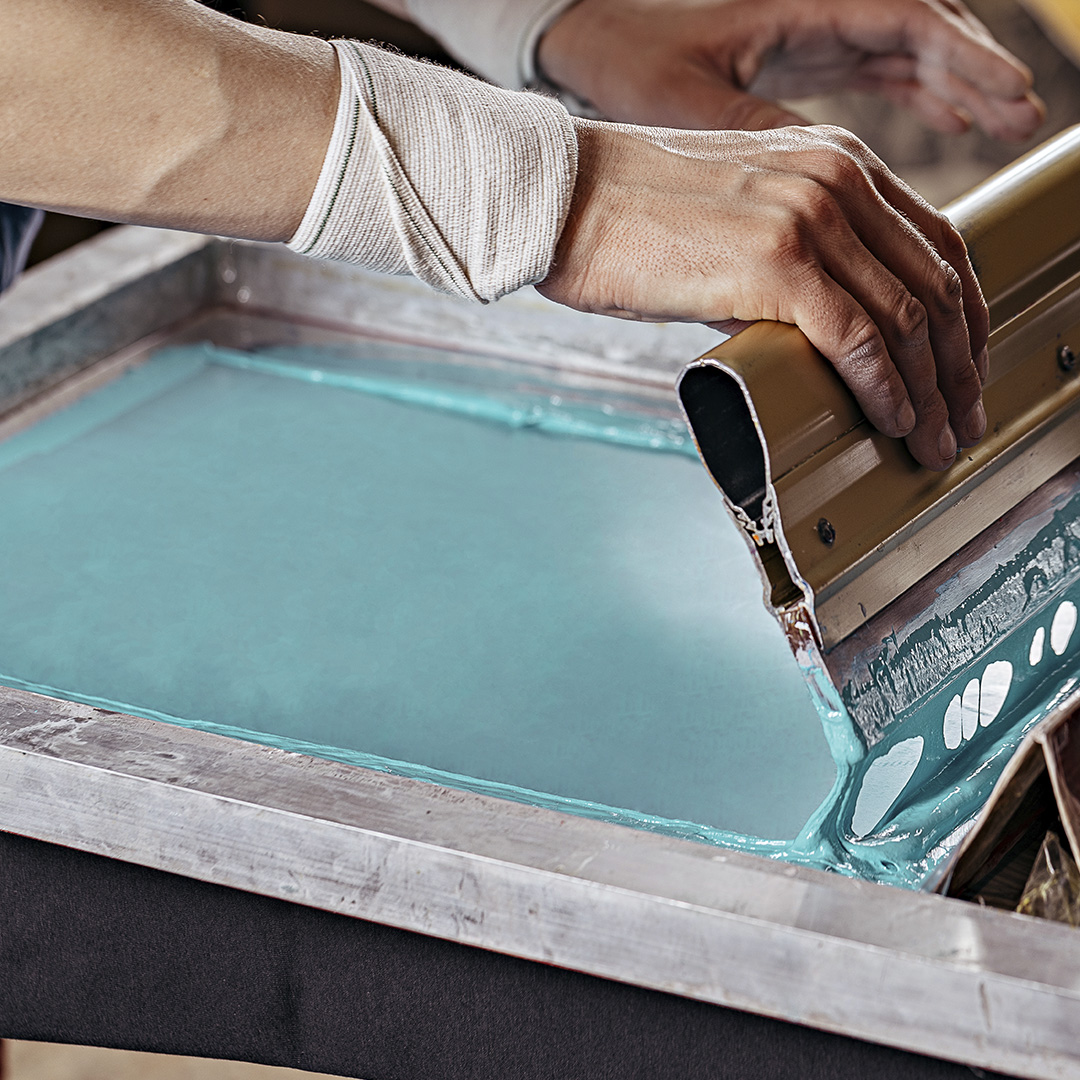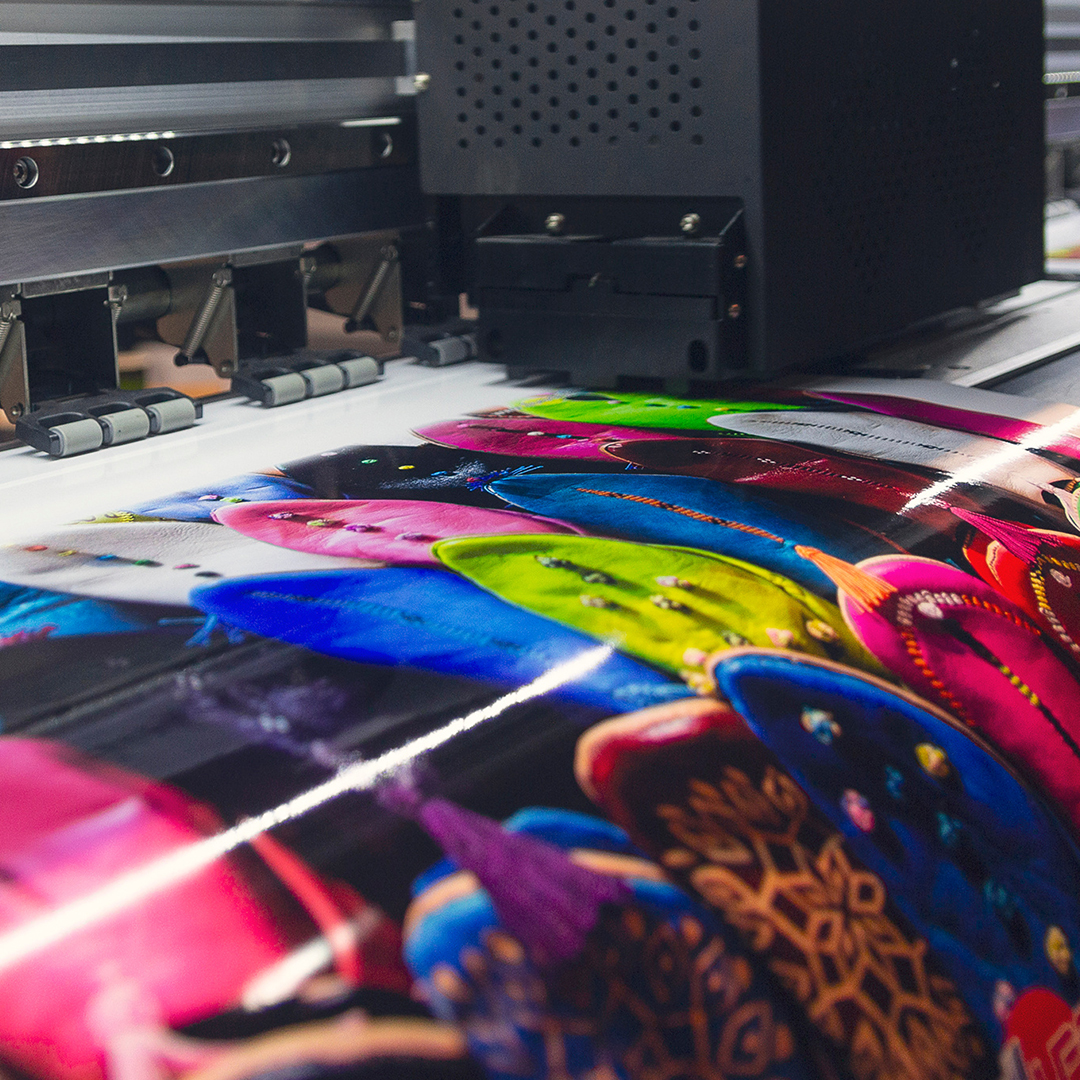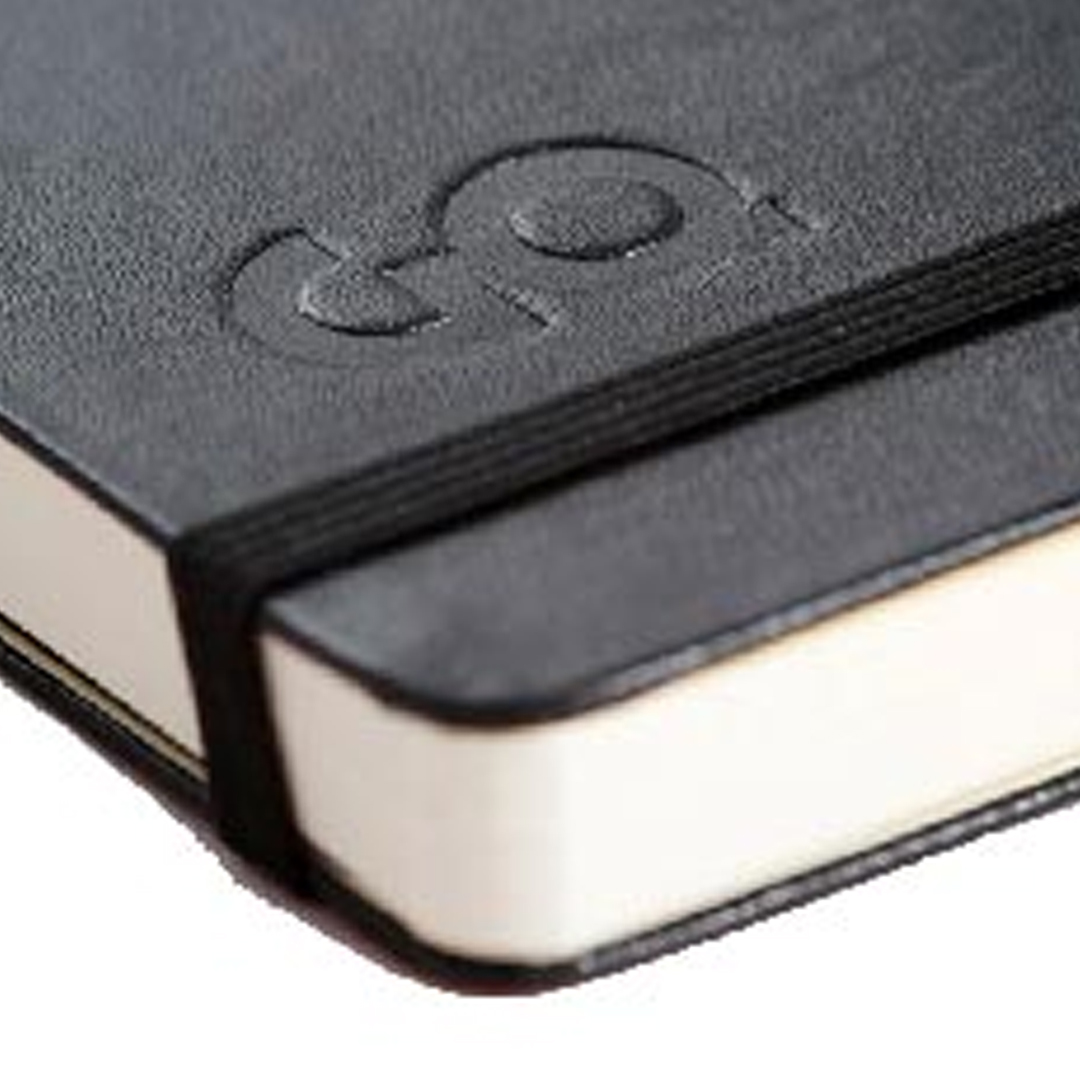The Rivista Notebook range has a stylish modern design with a high quality, tactile cover, ideal for adding your company logo and details. It’s available in a selection of contemporary colours. Features include an elastic closure, ribbon page marker, pen loop and storage pocket to the inside back cover. Includes 128 sheets (70g/m2) cream lined paper.
Size:
25,4 x 2,56 x 19,3 cm
Composition: PU Plastic
Weight: 620 grams
Units per box: 20 units
Box measurements: 29 x 43 x 24 (cm)
Screen Printing
Screen printing is one of the most widely used techniques, allowing printing of up to six spot colors depending on the product and providing long-lasting and reliable results. This technique is applied to smooth surfaces, achieving high-resolution images. Screen printing involves transferring the design to a screen (polyester or nylon mesh) coated with a photosensitive layer that reacts with ultraviolet light. This light hardens the areas not to be printed, allowing the design to bleed through. This technique is often used on textiles, plastics, wood, or aluminum items such as T-shirts, bags, jerry cans, notepads, backpacks, and caps.
Digital printing
Digital printing is, of all the marking techniques, the most modern. It allows printing directly onto a garment or paper using special printers. No screens or drying are required, and the results are high-quality. It allows printing full-color gradients or photographs. It is a widely used technique for labels or pins.
Hot Stamping
Heat embossing is a technique that involves marking a logo or text in bas-relief. The design is inverted on metal and reproduced using a heat press on leather, leatherette, and some plastic products. This technique combines pressure with temperature and time. Ink is not allowed, but a metallic color can be applied to the mold, giving the product its unique character. The most commonly used color is silver. The finishes are defined and very elegant, which is why it is often used on promotional products such as diaries, folders, notepads, and wallets.









